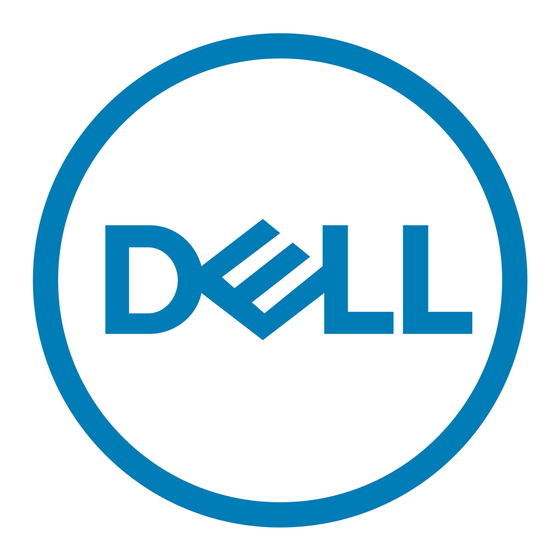to return to the main licensing page. Valid keys will be reflected on the main licensing page after
successful entry.
2.3.3.3. Publishing a License
Entering hardware and capacity keys in the licensing interface will save the keys to the CSN's local
storage. To create a single license file that can be used by the storage cluster, administrators must
publish all the saved changes. The licensing interface denotes any saved but not published keys
with an 'Unpublished' icon in the 1st column to visually assist with determining when a license needs
to be published. To Publish all saved changes, click the blue 'Publish' button at the bottom of the
page. This will create a signed license file with all saved changes and update the license file location
the storage cluster monitors for license updates. Once the license file has been created after the
initial install, the storage nodes can be booted.
Note
DX Storage scans for license updates every 15 minutes so it may be up to that long
before a newly published license is registered in a running storage cluster.
2.3.3.4. Repurposing License Keys
In the event of a cluster reorganization or decommission, an administrator may remove one or more
license keys from one cluster and reuse them in another cluster. To remove a key, simply click the
'Remove' button next to an individual license key. The banner at the top of the page will denote that
there are unpublished changes that need to be saved for the reduced capacity license associated
with the removed key. Once a license key has been removed from the published license for one
cluster it can then be entered into the license interface for a different cluster.
2.4. Booting DX Storage Nodes
Once the CSN has been configured and rebooted and a DX Storage license has been published
with licensed capacity, DX Storage nodes may be powered on on the internal network. DX Storage
nodes require no additional pre-configuration other than to ensure they are configured in BIOS to
network boot. As long as that's the case the nodes will automatically receive an IP address from the
CSN as well as the pre-configured CAStor software and cluster configuration.
Admins may wish to first ensure that the CSN has had adequate time to sync with a reliable NTP
source as a precautionary step prior to booting the nodes. To do this simply type 'ntptrace' at a
system command line. The returned output should contain a stratum value of '15' or lower indicating
Copyright © 2010 Caringo, Inc.
All rights reserved
9
Version 2.0
December 2010

